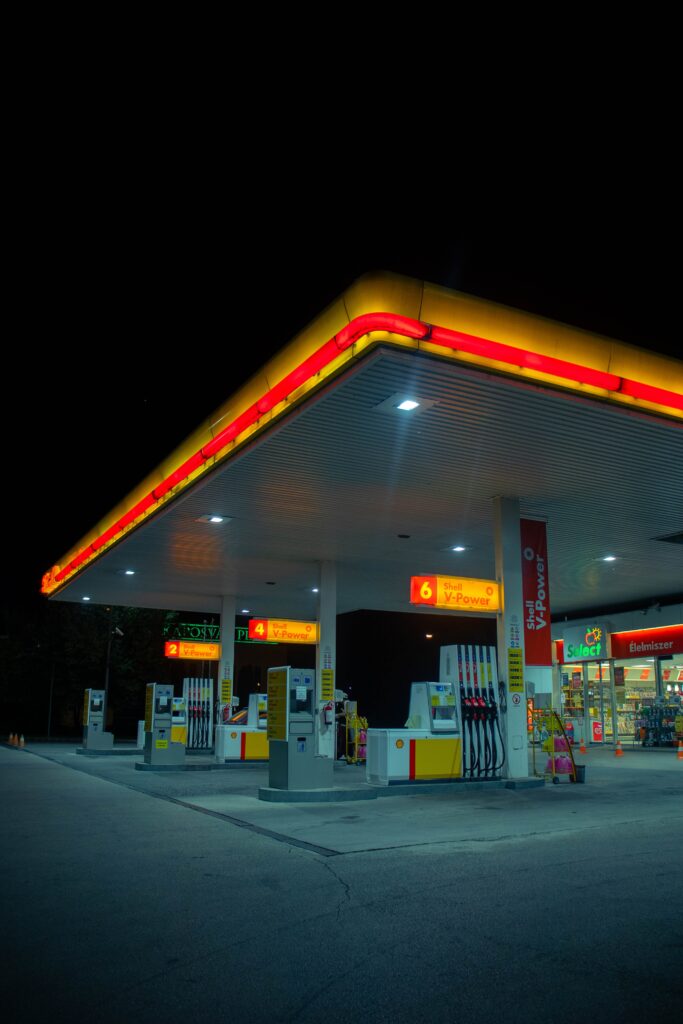The BMA, the Queen’s Nursing Institute, the Royal College of Nursing, the Homecare Association, which represents home care workers, healthcare unions, teaching unions, the mayor of London, Sadiq Khan, and many many other organisations that work with vulnerable people and in essential services have all urged the government to prioritise essential workers – NHS staff, carers, teachers – at petrol stations.
Soon after the panic buying of petrol began, so did the reports of essential workers having trouble finding fuel meaning they were unable to get to work on time or at all. The queues have resulted in community nurses and carers being late for appointments and in rural areas they are having to make decisions about who they can visit.
Dr Crystal Oldman, chief executive for the Queen’s Nursing Institute, which represents community nurses, wrote to Boris Johnson on 28 September, warning that vulnerable people are already being affected:
“Shortages in the supply of fuel are already impacting on care to ill and vulnerable people at home and in care homes. Patient visits are being cancelled and patients are at risk of being left without the care they need, at the time they need it. This is unacceptable.”
On Tuesday 28 September ITV reporter Paul Brand joined a carer as she tried to find fuel so that she could visit her vulnerable clients. A long wait for petrol meant she was late for her first visit of the day, a client who could not get up without the carer’s help and consequently had to lie in a wet bed for some time.
The Guardian reported on the same day that some appointments for cancer patients at University College hospital (UCLH), one of London’s largest hospitals, have had to be rescheduled due to the fuel shortage.
The spokesperson said: “Owing to the national fuel supply we are rearranging a small number of outpatient appointments over the next few days for patients who are due to be brought into our hospitals by our non-emergency patient transport provider, offering virtual appointments where possible.”
Both Prime Minister Boris Johnson and the UK Business Secretary, Kwasi Kwarteng, have resisted the calls to designate priority pumps and have been insisting that the situation is improving. But by midday 29 September, Kwasi Kwarteng, said that the government’s reserve tanker fleet will be on the road Wednesday afternoon to boost deliveries of fuel. The trucks are reported to be driven by civilians and number 80, according to a 2019 assessment. The business secretary also said that 150 soldiers were being trained to drive fuel tankers in the coming days.
The panic buying of fuel was triggered by reports from BP that it was having to close some of its petrol stations due to a shortage of HGV tanker drivers. The shortage of HGV drivers is primarily due to Brexit – the end of the transition period in early 2021 when the UK left the EU single market meant hauliers were then prevented from recruiting drivers in the EU.
Saturday 25 September saw the government offer temporary three month visas to 5,000 foreign drivers. Comments from EU drivers in the media and on social media, however, imply that there won’t be a rush to apply for these visas. There is plenty of work across the EU for HGV drivers, where facilities are far better and there is no need for visas.
Dear Reader,
If you like our content please support our campaigning journalism to protect health care for all.
Our goal is to inform people, hold our politicians to account and help to build change through evidence based ideas.
Everyone should have access to comprehensive healthcare, but our NHS needs support. You can help us to continue to counter bad policy, battle neglect of the NHS and correct dangerous mis-infomation.
Supporters of the NHS are crucial in sustaining our health service and with your help we will be able to engage more people in securing its future.
Please donate to help support our campaigning NHS research and journalism.


